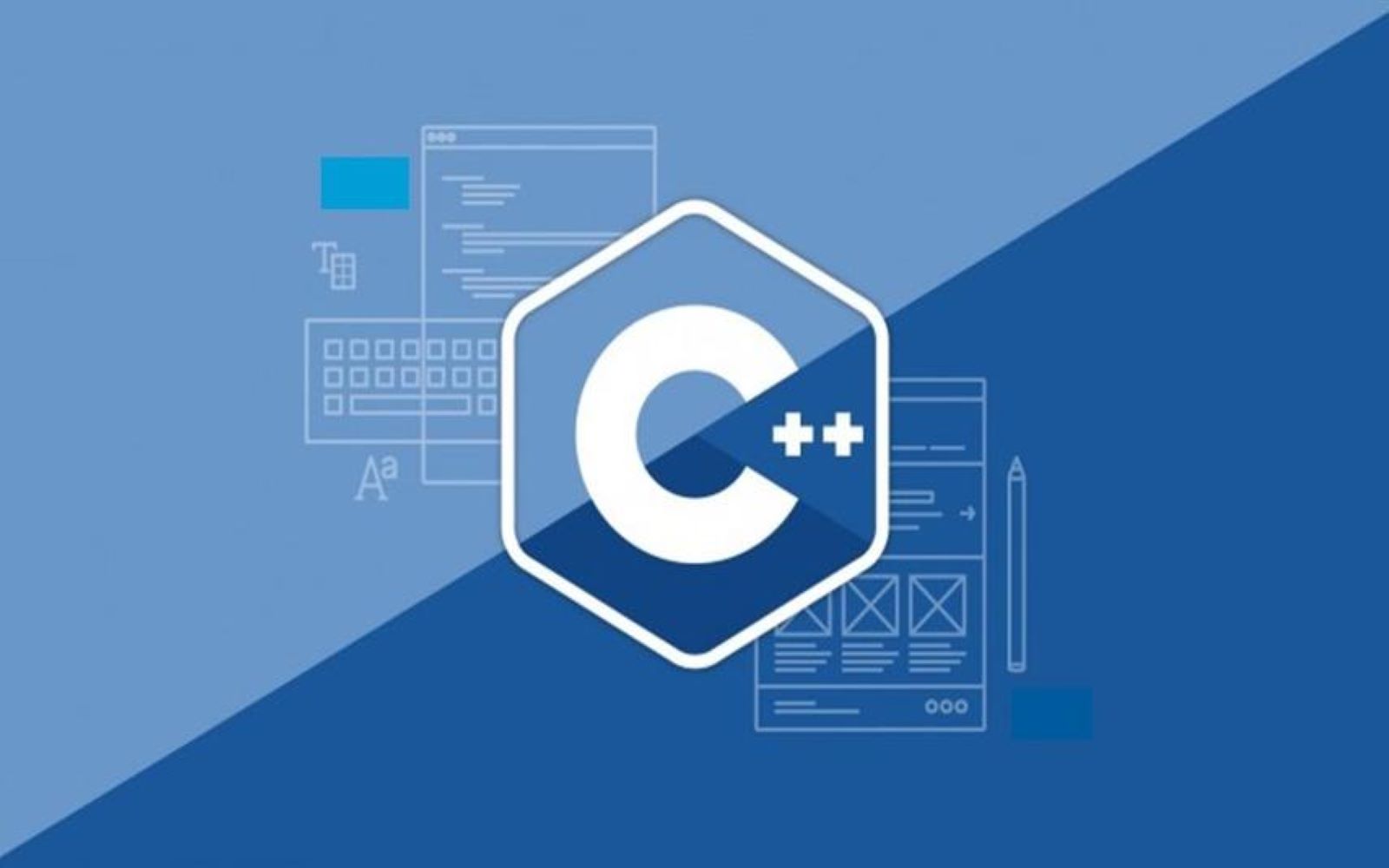C++ is a general-purpose, object-oriented programming language. It was created by Bjarne Stroustrup at Bell Labs circa 1980. C++ is very similar to C (invented by Dennis Ritchie in the early 1970s). C++ is so compatible with C that it will probably compile over 99% of C programs without changing a line of source code. Though C++ is a lot of well-structured and safer language than C as it OOPs based.

Eclipse is one of the most popular and powerful IDE for C++ developers. It is also open-source and free to use with excellent community support. It supports multi-platforms like Windows, Linux, and macOS and many users find it easy to use.
C is one of the high-level programming languages developed by Dennis Ritchie. C was originally developed for UNIX operating system to beat the issues of previous languages such as B, BCPL, etc. The UNIX operating system development started in the year 1969, and its code was rewritten in C in the year 1972.
C was created, influenced, and field-tested by working programmers. The end result is that C gives the programmer what the programmer wants. C++ is an enhanced version of the C language. C++ includes everything that is part of C and adds support for object-oriented programming (OOP).
C++ offers the feature of portability or platform independence which allows the user to run the same program on different operating systems or interfaces at ease.
ne of the biggest advantages of C++ is the feature of object-oriented programming which includes concepts like classes, inheritance, polymorphism, data abstraction, and encapsulation that allow code reusability and makes a program even more reliable..
C++ is a multi-paradigm programming language. The term “Paradigm” refers to the style of programming. It includes logic, structure, and procedure of the program. Generic, imperative, and object-oriented are three paradigms of C++.